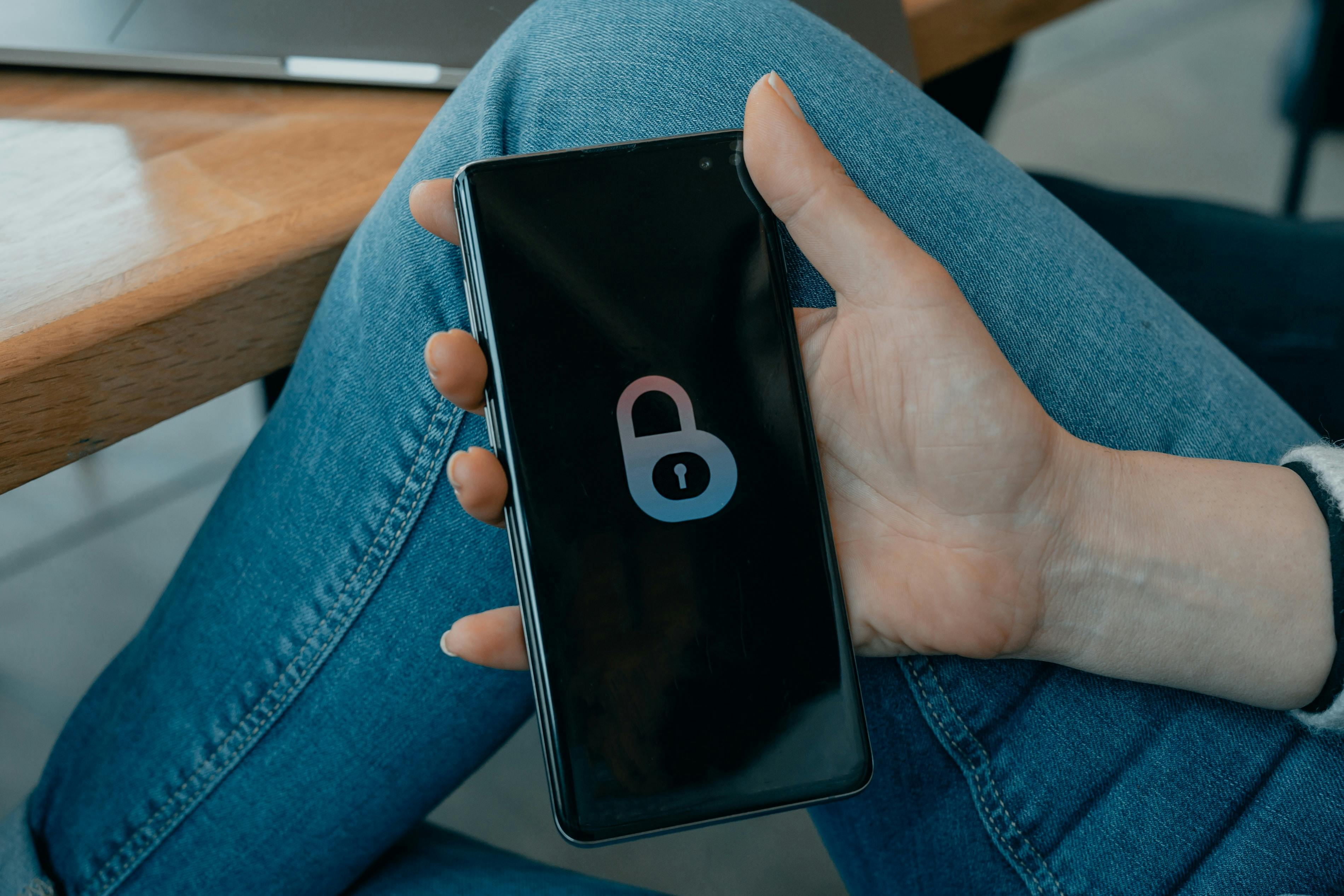Anonymous Mode: Femtech is leading the digital health industry in privacy
Femtech startup Flo Health is setting an important standard for the rest of the digital health industry.
The app’s Anonymous Mode allows its 50 million monthly active users to avoid linking their health data to their personal identifiers. Now, the startup has made its Oblivious HTTP (OHTTP) protocol available for other companies to use for free via GitHub.
Over a year ago, the U.S. Supreme Court’s ruling on reproductive health access raised the stakes on digital health data privacy. Since then, the femtech industry in particular has had a reckoning with its privacy standards.
Join us to dig into why Anonymous Mode is such a game-changer and why we hope more digital health companies will join in Flo Health’s cooperative spirit.

How does Anonymous Mode work?
Flo Health’s Anonymous Mode relies on Oblivious HTTP. This protocol applies end-to-end encrypted communication between a client and s server via relay.
Put more simply: OHTTP separates what is sent from who sends it. In the digital health context, user health data and app use is decoupled from the user’s name and other identifiers.
On top of the OHTTP protocol, Flo Health has enhanced its product’s security by incorporating post-quantum cryptography into Anonymous Mode. This move intends to ensure the long-term protection of the sensitive health data the app stores.
The startup’s development of Anonymous Mode earned them the 2022 IAPP Privacy Innovation Award. Flo Health’s leadership hopes this recognition will encourage other digital health companies with compatible solutions to swipe their approach.
“We firmly believe that every woman deserves the right to track their health without concern,” said Flo Health VP of Privacy Sue Khan. “If you’re using a period tracker, check whether you have a way of using the app anonymously. If you don’t, either insist that they adopt Anonymous Mode or choose another provider. It is the responsibility of every women’s health product to commit to high privacy and security standards, and by open-sourcing Anonymous Mode and giving away part of our IP, we are democratizing access across the industry.”
Our perspective: The spirit of cooperation in digital health
Especially in the femtech space, the question of privacy has become make-or-break. As enforcement of anti-abortion laws in certain U.S. states has increasingly begun relying on digital data, users have started switching their femtech app loyalties, favoring those with higher privacy standards.
In a competitive market, of course, not every solution and startup can rise to the top. Especially in the U.S., the healthcare industry is often already fragmented due to the wide range of state and regional policies governing the sector. Competition sometimes incentivizes further fragmentation, disincentivizing interoperability and sharing of IP.
At the same time, as an industry centered on serving the greater good and overall population health, we’re at our best when we come together like this. Sharing resources and collaborating to create better solutions for a healthier future.
Instead of focusing on competition with respect to these higher privacy standards, companies like Flo Health and Virtru are hoping to—as Khan put it—democratize access to these tools. In doing so, they’re creating a better digital health ecosystem for women—and all patient users. That’s something we can celebrate.